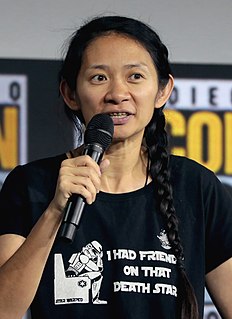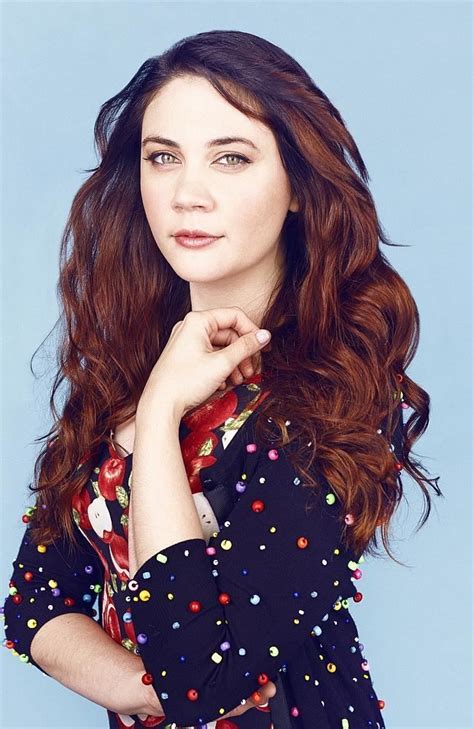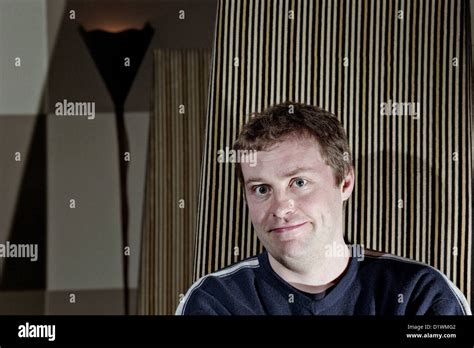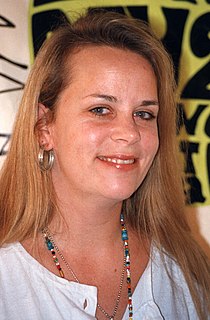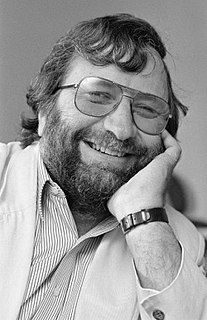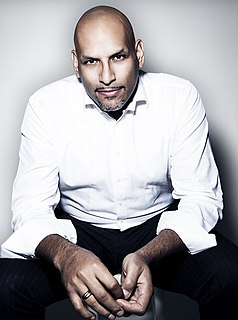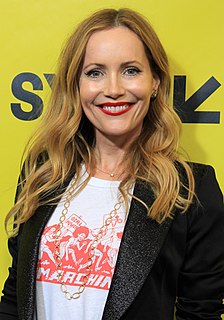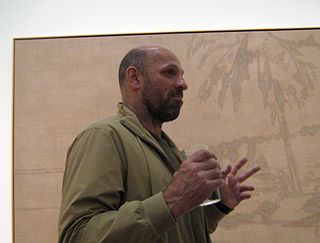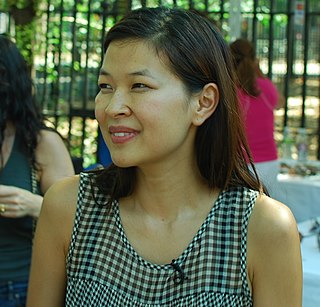A Quote by Chloe Zhao
Unfortunately, I think I drifted so much growing up that I don't have a strong sense of identity. I don't feel at home anywhere, and because of that, I think I'm more of a chameleon.
Related Quotes
I was shocked when I moved to Sydney how very few indigenous people I came across. And so when I go to places like Maroubra or Redfern or Waterloo or Erskineville, I feel more at home because of the people I'm around - anywhere I can see a face that reflects someone that looks like my family, I feel much more at home.
I don't think that on a daily basis, people need to be so concerned with others think. When someone comes forward and is an individual, such as a Lady Gaga or a Katy Perry, people respond to them because there is that sense of innocence. It's obviously dress up and theatre. I never lost that I think part of that is growing up gay and part is growing up overweight. You never lose that, and I never want to lose touch with that whimsy, that sense of innocence. I also love the reaction it elicits in people. I like that it makes other people happy.
I think, in accepting the amount of money that athletes make, I think that fans accept that now. It's the nature of the beast; that's the way it is, so they understand it. All, I think, fans have changed - because the price of tickets has gone up so much - that they feel a certain sense of entitlement when they go to a game.
My father started growing very quiet as Alzheimer's started claiming more of him. The early stages of Alzheimer's are the hardest because that person is aware that they're losing awareness. And I think that that's why my father started growing more and more quiet. I think he felt, 'I don't want to say something wrong.' That's my sense of it.
I was really inspired by my own experience, and specifically my own identity crisis but larger than that, I also wanted to explore the trend of reverse immigration, of the immigrant returning home after being in a host country or an adopted home for 20 years, and finding themselves at various levels of discord with the home culture. I wanted to explore people building lives across multiple geographies. I think that's, something that we're experiencing more and more as travel becomes easier, as people are traveling more for work. People can work from anywhere.
I'm comfortable wherever I am, and I can be anywhere and feel comfortable after three weeks. I adapt, and I'm like a chameleon. If a country doesn't have Internet, then I get used to not having the Internet. I could basically live anywhere. I'm a nomad at heart. Nothing is more boring than monotony.
Conversations about money, culture, power, class - it's at the center of my identity. I think it's a combination of being born to immigrant parents, growing up relatively poor, and really living in a world where formal institutions, like banks and anywhere that you had to sign a contract, was really feared and avoided at all costs.
I think people are much more concerned about money now. There aren't the big advances of the past. You feel the sense of nervousness about the book industry. It's not like before. Not that I knew very much about what it was like because I was a newcomer to it, but I get that feeling that people are more conservative in their book choices and what they are going to publish and what's a sure sell. As opposed to - just like in the economy - a sense of luxury and sense of risk taking ten years ago.
All over the world today people have a very strong desire to find a sense of identity, and at the same time that's coupled with the rise of absolutely absurd wars that relate to ethnic identity. Perhaps there is something deeply ingrained in people that relates to a sense of belonging, and without that, identity doesn't seem as real as it should.
